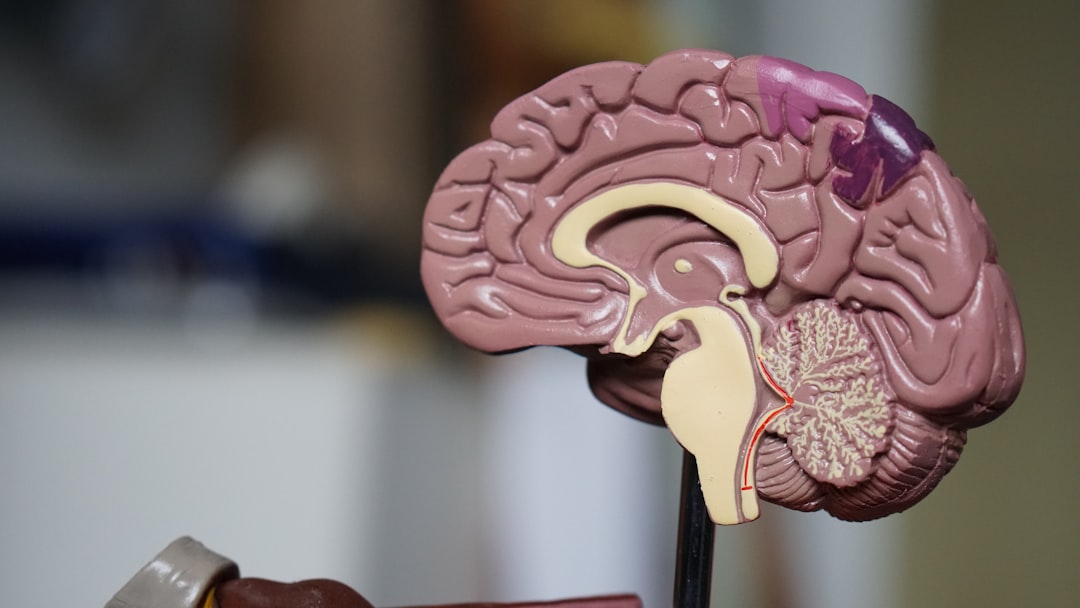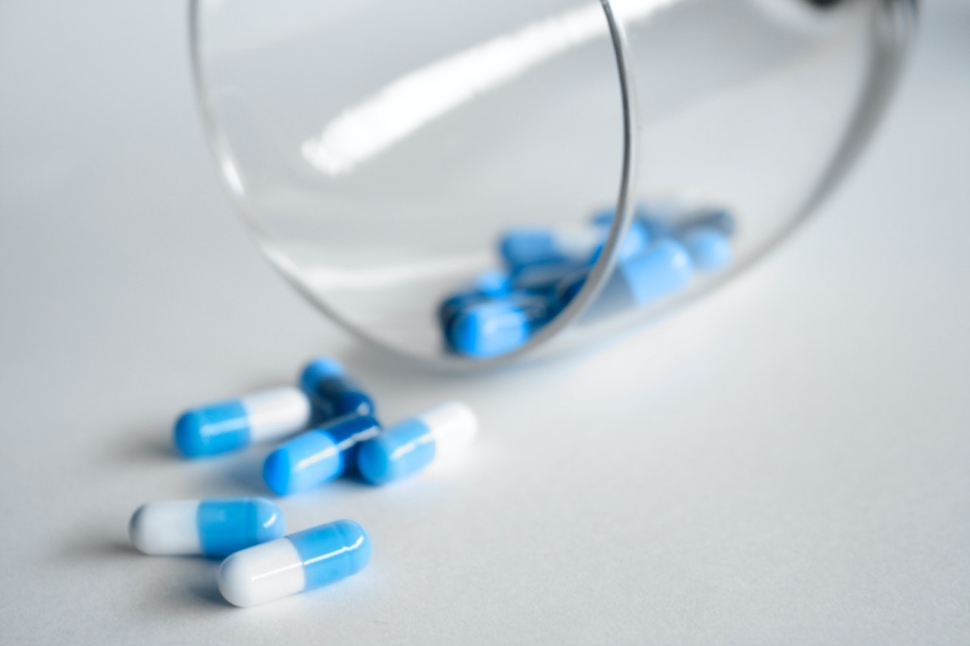There are a lot of difficult realities about living with addiction. Substance abuse can affect every part of your body in different ways, but it affects your in meaningful ways that can impact your ability to recover. Many people don’t know that addiction can literally alter the way that your brain functions, but it is possible if you use certain substances over a long period of time. Fortunately, there are treatments that have proven to be effective when treating all types of addictive behavior. If you want to learn more, read on to find out how addiction affects the brain and what you can do to treat it.
What can you do to treat addiction?

There is no single answer to the question of how to treat addiction. However, research shows that rehab facilities are one of the best ways to treat addiction, as they provide access to a wide range of therapies and treatments that can help people start on the road to recovery. You should look for a facility that has experience dealing with the specific substance use disorder you’re dealing with. For example, those who are living with opioid addiction should search for high quality opioid treatment programs to help them start their rehabilitative journey.
Inpatient treatment in a rehab facility is important, but you should continue with therapeutic treatment even after you complete your rehab program. Cognitive-behavioral therapy (CBT), which helps people to identify and change the thoughts and behaviors that contribute to their addiction, can be extremely useful. CBT can be effective in helping people to learn how to cope with triggers and cravings, manage stress and anxiety, and improve their overall self-esteem and self-image.
Medication is another component of addiction treatment, depending on what type of substance abuse disorder you have. There are a number of medications that can be used to treat addiction. Some of these medications are used to help people detox from drugs or alcohol, while others are used to reduce cravings. Talk to a doctor to ask if they think there are any medications that might help you recover. Research your local health services to learn more. You can find out a lot through the resources available online, like this page about the healthcare system in Gibsonia, PA.
How does addiction affect the brain?

Addiction can be defined as a chronic, relapsing brain disease that is characterized by compulsive substance seeking and use, despite harmful consequences. Addiction affects multiple brain pathways and regions, including those governing reward, motivation, memory, and inhibitory control. The brain’s reward system is activated by drugs of abuse and natural rewards, like as food and exercise, leading to the release of dopamine. Dopamine is a neurotransmitter that is associated with pleasure and motivation. Drugs of abuse, such as cocaine and methamphetamine, can cause a surge of dopamine, which can lead to addiction.
The experience of living with addiction actually affects the brain’s circuitry, which can lead to addictive behavioral patterns. The hippocampus, which is involved in memory formation, is particularly affected by addiction. The hippocampus forms memories of the events that occur in our environment. These memories are often part of what leads to relapse. Addiction also affects the frontal cortex, which is responsible for decision-making and impulse control. Clearly, addiction is a complicated condition that impacts multiple parts of the brain.
You should always remember that addiction is a disease. That means just like any other disease, it can be treated. It isn’t simple, since everyone’s brain chemistry is unique. What works for someone else may not be the best treatment for you. Still, there are some options that have been tried and tested. Inpatient rehab is a great idea, as it can provide you with access to multiple treatment options and addiction professionals with years of experience. Therapy and medication are other essential components of a holistic treatment plan. The important thing is that you’re committed to doing what it takes to recover.
